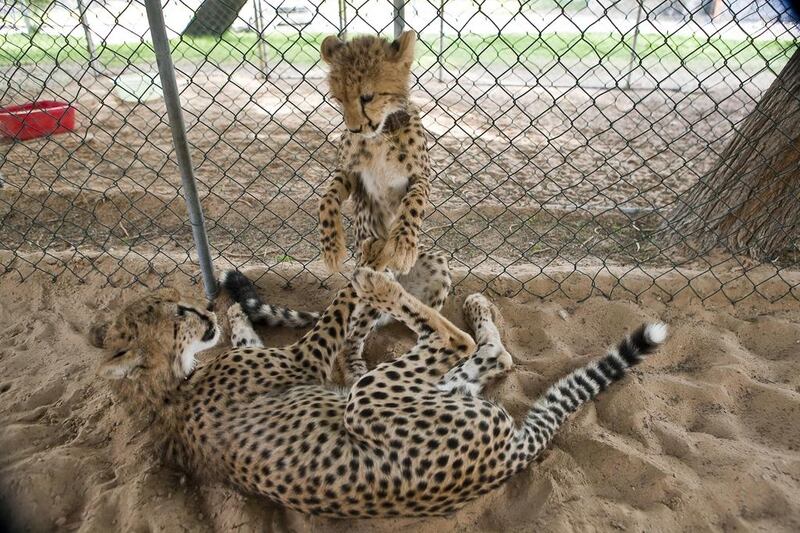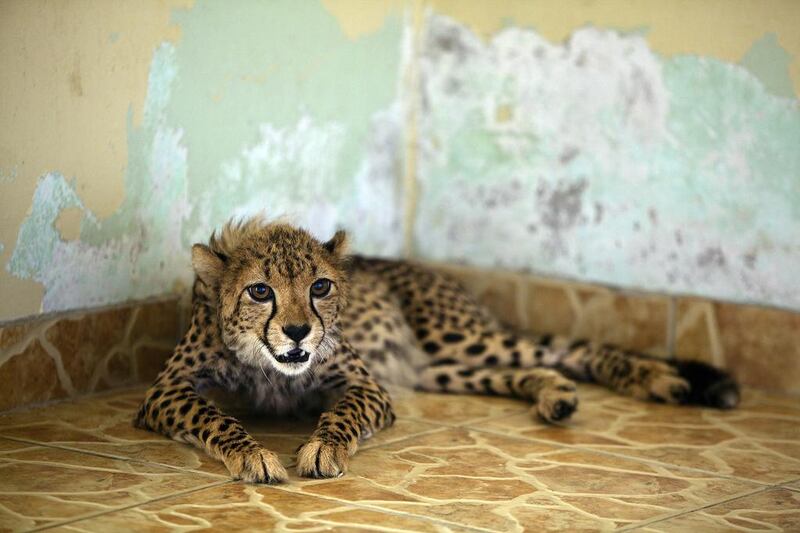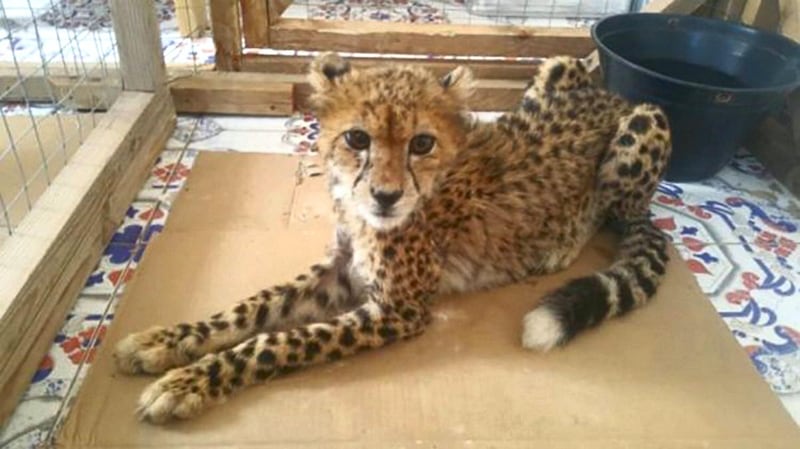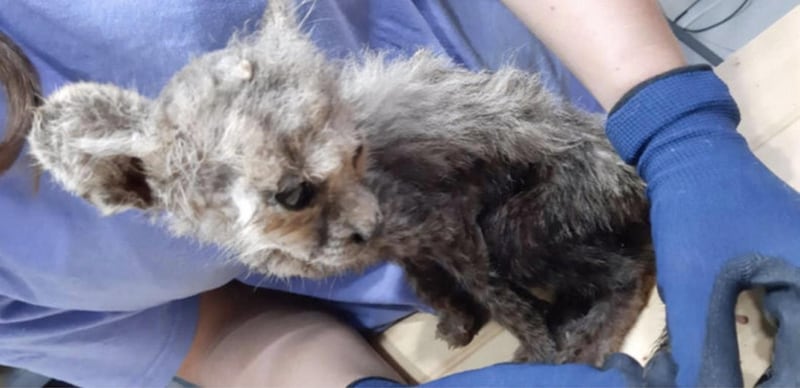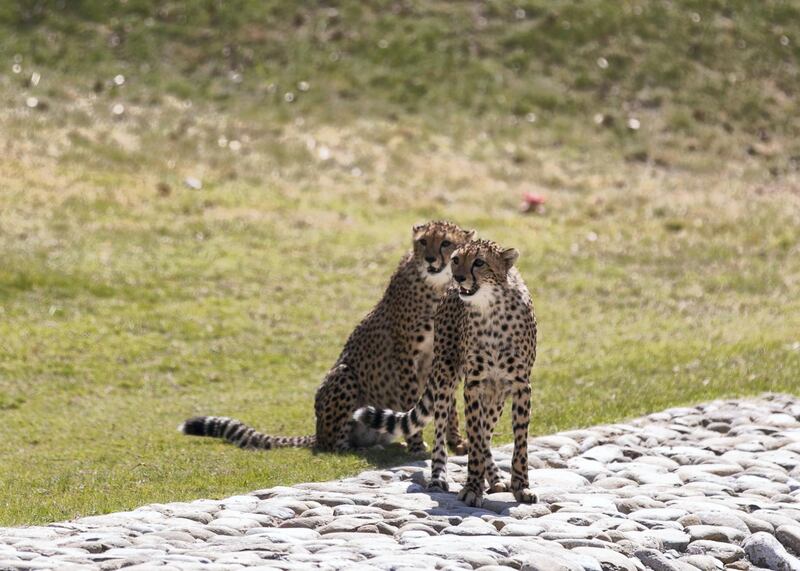A new Dubai Police taskforce set up to combat the illegal trade in exotic animals cracked its first case after foiling the sale of a wolf in the emirate.
The Environmental Crimes Division sprung into action to arrest a man while he attempted to complete the sale of the animal.
The new police unit was established at the end of last year and is not yet fully operational. But officers are already making their presence felt.
"We handled our first case – a man trying to sell a wolf illegally," said Col Khalfan Al Jallaf, head of the unit.
“An arrest warrant was issued by prosecutors and we caught the man during the selling process.”
Dubai Municipality will arrange for the shelter of the wolf.
The new division of the Dubai force will tackle crimes against wildlife and the illegal sale of exotic animals.
It will handle reports, carry out confiscations, refer cases to prosecutors and arrange to provide shelter for animals.
"Offenders possessing wild animals to sell will be penalised with prison and/or a fine not less than Dh50,000 and not exceeding Dh500,000," Col Al Jallaf said.
Under existing laws, he said, using exotic animals intentionally to scare people is punishable with prison and a fine of up to Dh700,000.
"But if a wild animal was intentionally used to assault a person and this person died because of the assault, the punishment could go up to life in prison," he said.
But if it was an unintentional act, the owner of the animal would face a wrongful death charge.
Anyone walking wild animals in public can be fined Dh10,000 and jailed for up to six months.
The unit reports to the general department of criminal investigations and is also responsible for identifying and maintaining records of licensed owners of exotic animals in the emirate.
“Our aim is to have a specialised section at Dubai Police that deals with these types of offences based on relevant laws and in co-ordination with strategic partners,” said Brig Jamal Al Jallaf, director of the general department of criminal investigation at Dubai Police.
“The move is to reinforce public safety and handle all offences resulting from owning exotic animals.”
He said setting up the unit came after some incidents involving exotic animals.
"These include raising and breeding wild and dangerous animals and showing off with them on social media," Brig Al Jallaf said.
“Such behaviours endanger people’s lives and are in violation of laws.”
The section will also combat crimes on antiquities, including theft, smuggling and copying, unlicensed possession of antiquities, or undertaking excavations without a permit.
UAE takes action against traffickers
Hiba Al Shehhi, acting director of biodiversity at the UAE's Ministry of Climate Change and Environment, told The National earlier this year that authorities continued to tighten border controls to tackle the illegal trade.
"Customs authorities across the country use state-of-the-art cargo container scanning technology," Ms Al Shehhi said.
“Such efforts result in better control of the country’s points of entry for goods and passengers, leading to the confiscation of illegal wildlife items.”
According to the UAE environment ministry, between 2010 and 2019, 37 live cheetahs from different countries were confiscated at UAE points of entry.
Most of these were seized between 2010 and 2014, and from 2015 to 2018 no confiscations of cheetahs were recorded.
But in 2019, two cats intercepted from smugglers at the Saudi border were transferred to Al Ain Zoo. Two other cheetahs picked up at the border were sent to another, undisclosed, Emirates zoo.
The care of confiscated animals is one of several new UAE development projects to protect endangered animals.
The National Team for Combating Illegal Wildlife Trade was formed in an attempt to co-ordinate anti-trafficking legislation and enforcement across the region.




